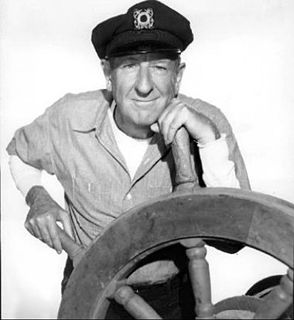A Quote by Jill Abramson
I think our primary function is to create the strongest, deepest, most interesting news report there is in the world.And whether it's on the front page of the newspaper or leading the home page doesn't really matter. We reach a huge audience on the Web. And really, you know, the journalists, whether they are reporters or editors or Web producers or multimedia specialists, we're all creating, you know, the journalism that is the bedrock of our news report. And that's true for the newspaper, the Web, our apps, and you name it.
Quote Topics
Apps
Audience
Bedrock
Create
Creating
Deepest
Editors
Front
Front Page
Function
Home
Huge
Interesting
Journalism
Journalists
Know
Leading
Matter
Most
Most Interesting
Multimedia
Name
News
Newspaper
Our
Page
Primary
Producers
Reach
Really
Report
Reporters
Specialists
Strongest
Think
True
Web
Whether
World
Related Quotes
We all have our likes and our dislikes. But... when we're doing news - when we're doing the front-page news, not the back page, not the op-ed pages, but when we're doing the daily news, covering politics - it is our duty to be sure that we do not permit our prejudices to show. That is simply basic journalism.
[...] we must start by inspiring our children with a sense of purpose...by nurturing their imagination so that they may dream big and then work hard to reach those dreams. Too often, our children spend hours playing Playstation without ever finding out how to build Playstation. They watch television but never wonder how it's put together. They surf web page after web page on the Internet, but are never taught how to design one.
When I was 14, I spent a huge amount of time on the Internet, but not the Internet we know today. It was 1994, so while the World Wide Web existed, it wasn't generally accessible. Prodigy and CompuServe were popular, and AOL was on the rise, but I didn't have access to the web, and no one I knew had access to the web.




































